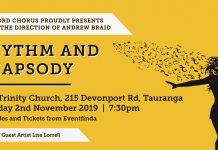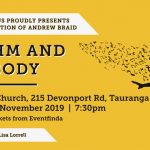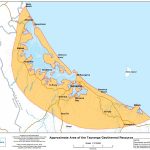A few days after the election, I was on the A.M. Show for a regular stint on their “panel” discussion. Just before I came into the studio, Duncan Garner, the host of the show, said that for him the saddest thing about the election result was the complete defeat of the Māori Party.
It was almost as if he was spoiling for a fight, because I was reasonably sure that he knew I would disagree with him! And of course, I did. And said so very strongly.
The Māori Party went into coalition with the National Party after the 2008 election, and was in coalition with National for the next nine years. During those nine years, it pushed the National Party away from its longstanding commitment to one law for all.
In 2002, Bill English gave a major speech in which he argued strongly that the only way forward for New Zealand was to have a single standard of citizenship, under which all New Zealanders, irrespective of their ancestry, would have equal political rights. In 2003, he committed a future National Government to scrapping separate Māori electorates, as the Royal Commission on the Electoral System had recommended in 1986 if New Zealand adopted MMP.
When I was Leader of the National Party, I too committed a future National Government to completing the settlement of historical grievances, “fully and finally”, within six years of National’s becoming Government and then to treating all New Zealanders equally under the law.
John Key made similar commitments when he was Leader of the National Party, prior to the 2008 election.
What actually happened over the next nine years was a total betrayal of those commitments – signing the UN Declaration on the Rights of Indigenous People, creating the Independent Māori Statutory Board in Auckland, foisting unelected tribal appointees onto several regional council committees, giving tribal interests a virtual veto-power over many local government decisions, opening the door to literally hundreds of claims for customary rights over every inch of the coastline, and much more.
That betrayal happened because National was too weak-kneed to push back against the claims of the Māori Party with whom National was in coalition.
The Māori Party believes that those with a Māori ancestor (always with other ancestors too of course) have some kind of constitutional entitlement to special rights. But there is absolutely nothing in the Treaty of Waitangi which provides for special rights for anybody. Article III of the Treaty guaranteed equal rights for all New Zealanders – and that is true no matter which version of the Treaty you look at.
It will be better for New Zealand’s future if the Māori Party is never heard from again.
By Don Brash,
Co-spokesperson for the Hobson’s Pledge Trust
I write for this magazine because it provides for balance in its editorials.










































































